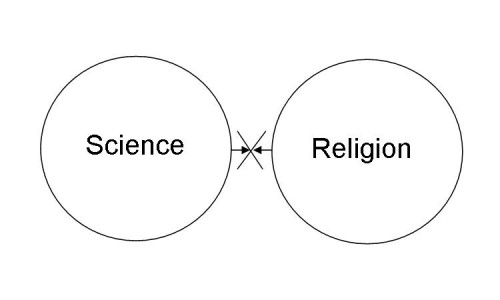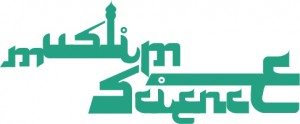
Guest Editorial by:
Dr. Saleem H. Ali, Member of the Editorial Committee, localhost/muslim
Inculcating scientific empiricism within Muslim societies, continues to be a challenge task across the world because of continuing perceptions, that science is an antithesis to theology. However, environmental science has the potential to provide a neutral platform for driving science education because it has a fundamental connection with the enchantment of natural systems, within Quranic narratives.
Although much has been written about ecological themes within Islamic societies, the time has now come, for a more concerted effort at promoting environmental education within Islamic schools. There is an emerging environmental movement within Muslim societies, that needs to be further professionalized within the educational system, through practical programs of experiential learning.
An experiment in environmental education
Last year, I had the pleasure of organizing a one-week environmental service-learning program at Zaytuna College in Berkeley, California, aimed at training key Muslim educational leaders in experiential education tools. Zaytuna is the first undergraduate Muslim college, which is aiming for full academic accreditation within the next 2 years.
Our goal in this program was to “train the trainers” by inviting school principals from leading Muslim schools around the United States, to incorporate environmental science and hands-on experiential education in gardens, forests and other natural systems, as part of their curriculum. These school leaders, in turn, agreed to develop long-term environmental educational modules within their Islamic schools and allow for positive systemic awareness of ecological ethics.
The time I spent with this group of around 15 dedicated Muslim educators and our field visits with community members, gave me hope for fostering greater connectivity between Islamic societies and science and also using this as a mechanism, for fostering better community relations.
Infusing environmental activism within Muslim communities
The infusion of environmental themes in communities, has been widely documented in the literature on ecological psychology, to help in community peace-building. An overarching objective of this program, was to utilize a common humanistic issue, such as environmental conservation, which is predicated on fundamental scientific facts as a means of creating social resilience, while making connections with theological tenets on stewardship of the earth. The primary impact metric for this program, will be the dissemination of the curriculum in as many schools as possible, after the training of the imams and school leaders has been established. Since environmental education can also be measured in terms of on-the-ground impact in behavioral change, we will strive to get data on how specific projects and student behavioral changes occurred through survey tools, which are also included in the budget. Metrics in this regard could include: a) improvement in recycling rates on sites; b) changes in student consumer behavior in terms of food product choice decisions; c) Water and energy conservation metrics.
Conflict between science and faith
 Science remains contested within Islamic societies because of entrenched inertia among theologians, on issues such as evolution or cosmological origins. Yet, proximate understanding of the basic principles of ecology, can help Muslim students realize that the wonders of natural systems and their development, do not ultimately contradict Islamic beliefs, so long as they are willing to move beyond textual literalism.
Science remains contested within Islamic societies because of entrenched inertia among theologians, on issues such as evolution or cosmological origins. Yet, proximate understanding of the basic principles of ecology, can help Muslim students realize that the wonders of natural systems and their development, do not ultimately contradict Islamic beliefs, so long as they are willing to move beyond textual literalism.
Even if some of the Faithful are reluctant to accept adaptive interpretations that accommodate modern scientific tenets, the instrumental importance of environmental science in conserving the Creation, is enough reason for its inclusion in Islamic curricula.
Introducing localhost/muslim’s special issue on climate science
The advent of a dynamic educational portal, such as MuslimScience.com, can create much more interaction between environmental educators in Islamic countries. Sharing field experiences, research findings and conservation ideas across communities, is profoundly empowering to educators. An organic garden planted in a primary year of school, can grow and flourish, as students move through their years of education and understand the functioning of the natural system they helped to nourish.
 This special issue of MuslimScience.com, which covers a broad range of environmental issues facing the planet from water scarcity to climate change to energy shortages, is intended to spark a quest for ecological solutions, but also a broader quest for learning, understanding and respecting our natural systems, on which all life depends.
This special issue of MuslimScience.com, which covers a broad range of environmental issues facing the planet from water scarcity to climate change to energy shortages, is intended to spark a quest for ecological solutions, but also a broader quest for learning, understanding and respecting our natural systems, on which all life depends.
Dr. Saleem H. Ali is the Director for Centre for Social Responsibility in Mining at University of Queensland, Australia. Twitter @saleem_ali
You must be logged in to post a comment.